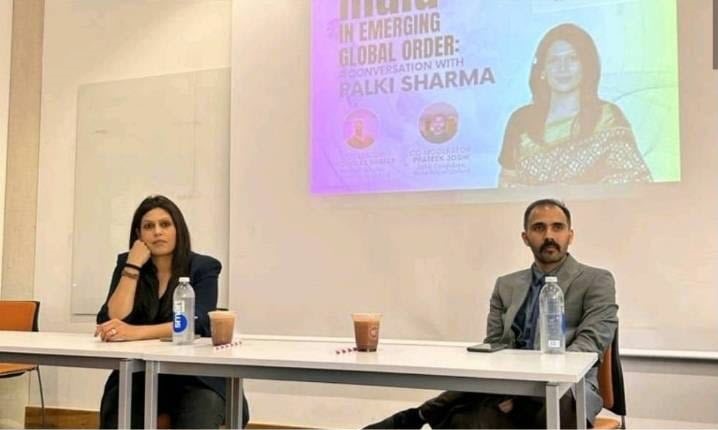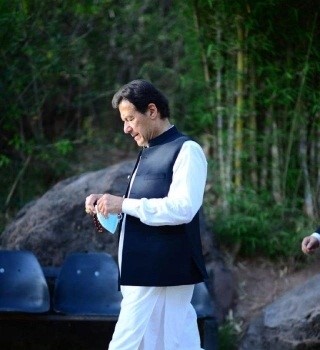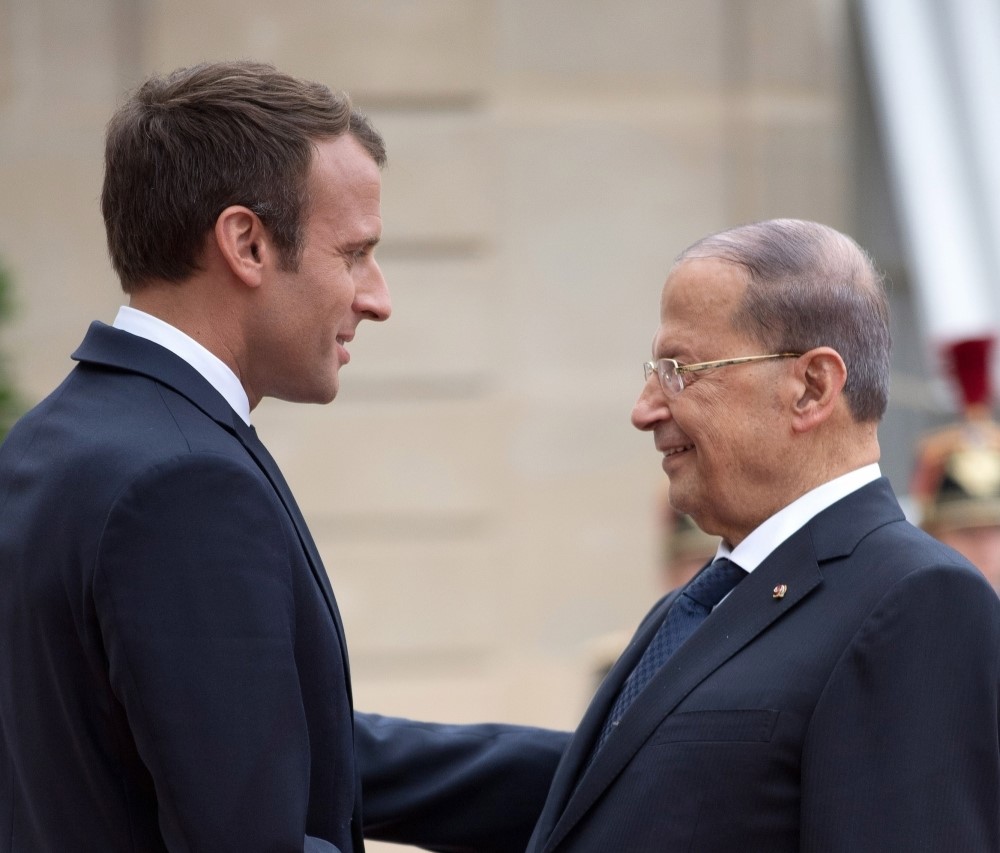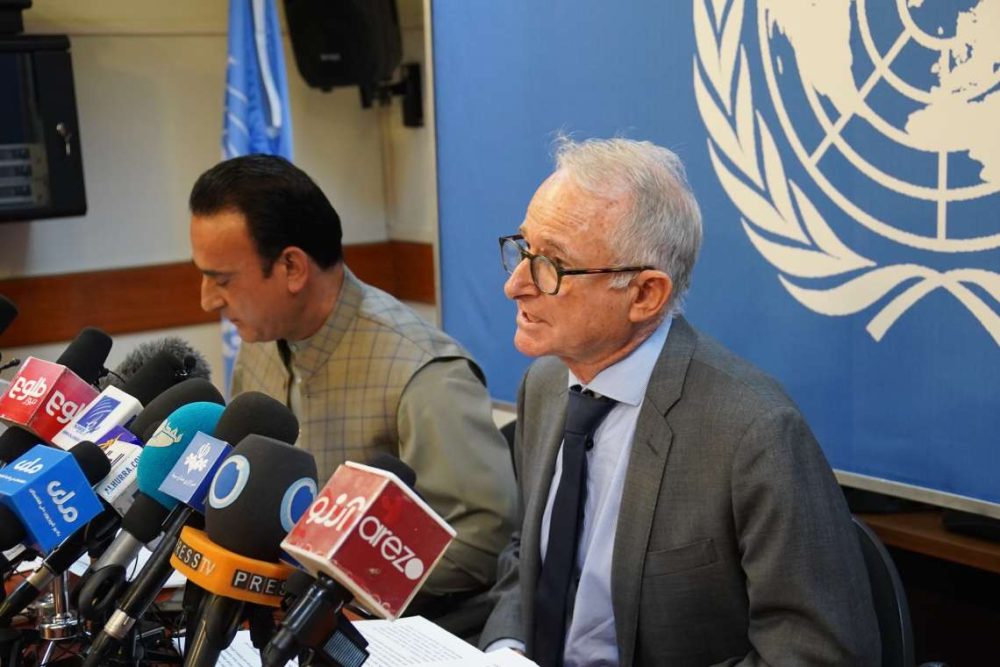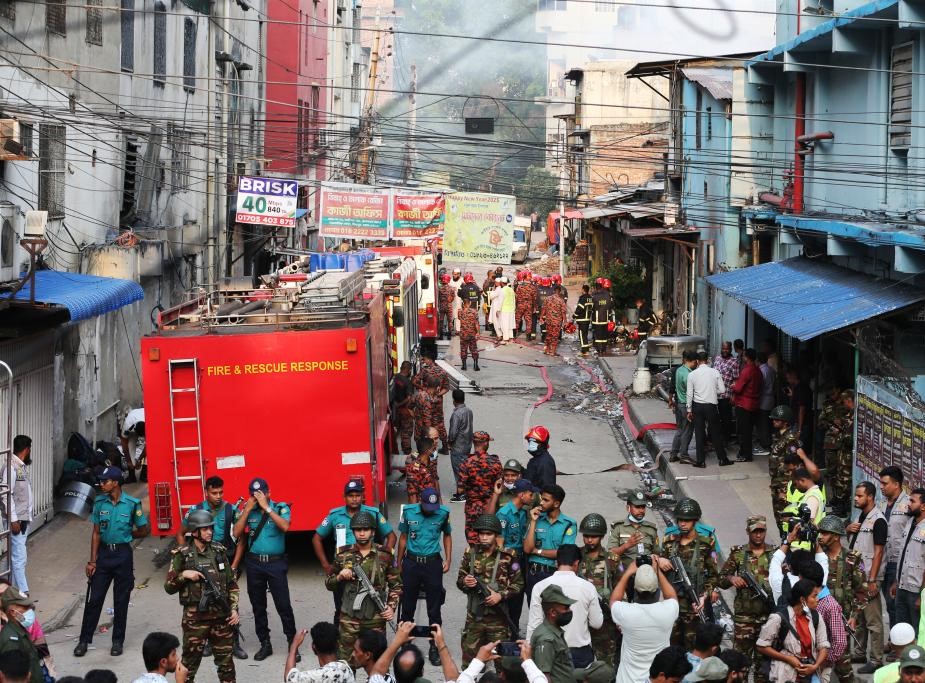During the discussion titled “India in the Emerging Global Order”, Palki Sharma emphasised India’s unique position in the new global landscape.
Students Union at SOAS University of London recently hosted Palki Sharma, Managing Editor of Firstpost, at a discussion that delved into various aspects of Indian foreign policy and the role of Indian media in shaping it.
During the discussion titled “India in the Emerging Global Order”, Sharma emphasised India’s unique position in the new global landscape.
Rather than aligning with either Russia or the US, India has chosen a cautious approach without compromising on its geo-economic objectives and concerns over human rights.
Regarding China, India is gradually strengthening its defence and technological capabilities, recognising the broader challenges beyond just border issues. This includes considering the Sino-Pak alliance and the rivalries between China and the United States.
In response to a question about whether India had overstated the threat posed by Pakistan, Sharma explained that Pakistan cannot be viewed in isolation but must be seen as closely connected to the security objectives of both the United States and China in the region. She also noted an increased engagement with India’s immediate neighbouring countries in recent years.
After August 5, 2019, Pakistan, who lost its three decade long proxy war in Jammu and Kashmir, is now making desperate attempts to keep the conflict alive.
It has realised that terrorists have lost the local support and Jammu and Kashmir’s new generation is least interested in its propaganda of hate and violence. Youngsters have said no to guns and stone-pelting. After 2019, terror sponsors operating from Pakistan and Pakistan occupied Kashmir (PoK) have been using drones to drop drugs, weapons and Improvised Explosive Devices (IEDs).
In 2022, the security forces observed an illegal entry of 191 drones from the Pakistani side into the Indian territory.


